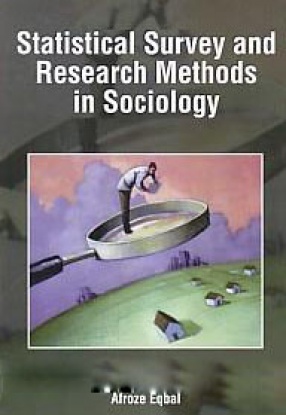The official narratives compiled by the colonial administrators explained famines as a simples natural phenomena. The rainfailures resulted in crop failures which in turn caused scarcities, starvations and deaths. The unofficial narratives tell a different story. Historically, with the advent of industrial revolution and capitalism, the nature of famines underwent change. The industrial countries acquired immunity and famines were increasingly confined to the colonial and agrarian countries. The unofficial narratives assembled in this collection explain why. In the present day world, famines constitute a complex social phenomena in which starvation is a biological manifestation of underdevelopment, a process triggered by the evolutionary rhythm of human history on a global scale shaped by unfolding of the processes inherent in the development of capitalism. The increasing problem of social polarization between rich and poor strata within nations and between industrial and ex-colonial countries under the guise of the so-called liberalization and globalization in contemporary social milieu is bound to intensify the current social and economic crisis on a world scale and calls for an urgent solution. This compilation of unofficial monographs and reports may provide some insights into the historical trajectory of evolution of this problem.
Famines in Colonial India: Some Unofficial Historical Narratives
In stock
Free & Quick Delivery Worldwide
reviews
Bibliographic information
Title
Famines in Colonial India: Some Unofficial Historical Narratives
Author
Edition
1st ed.
Publisher
ISBN
8173918783
Length
viii+539p., Tables; References; Index; 23cm.
Subjects







There are no reviews yet.